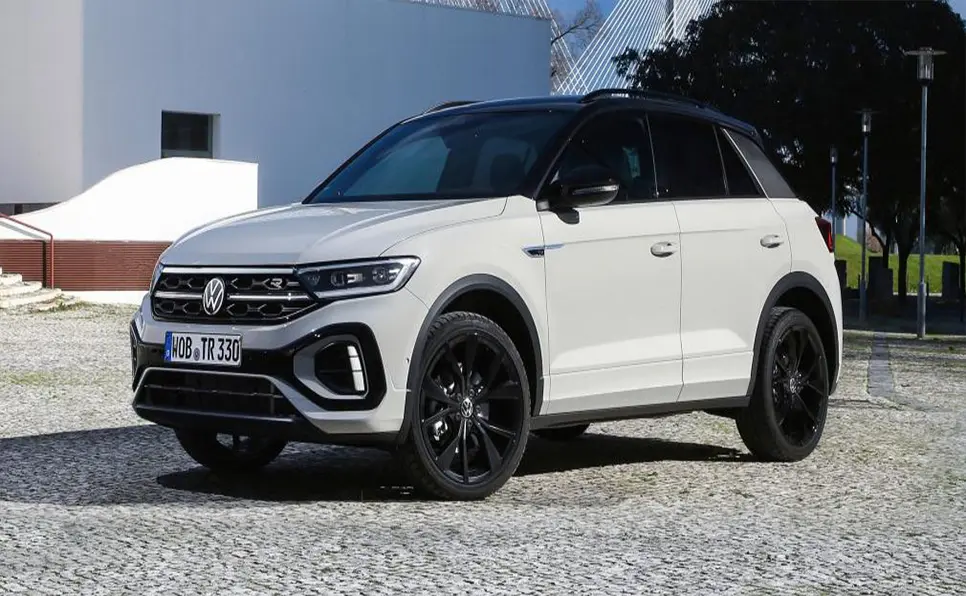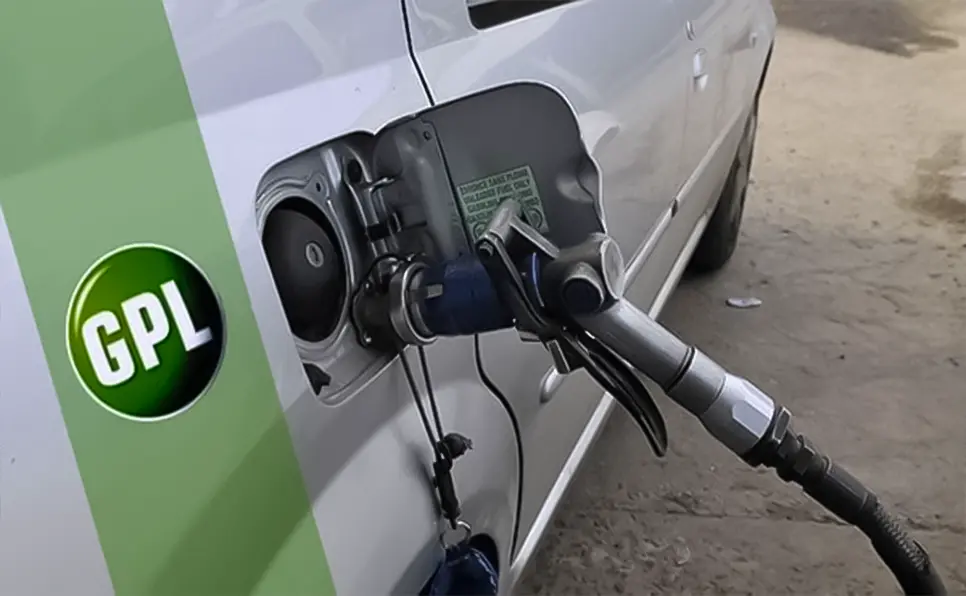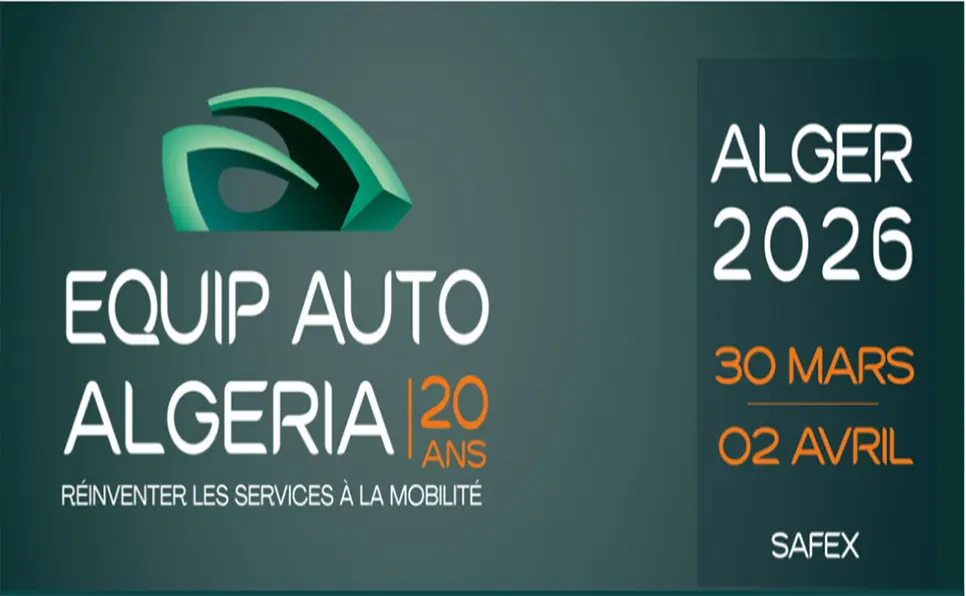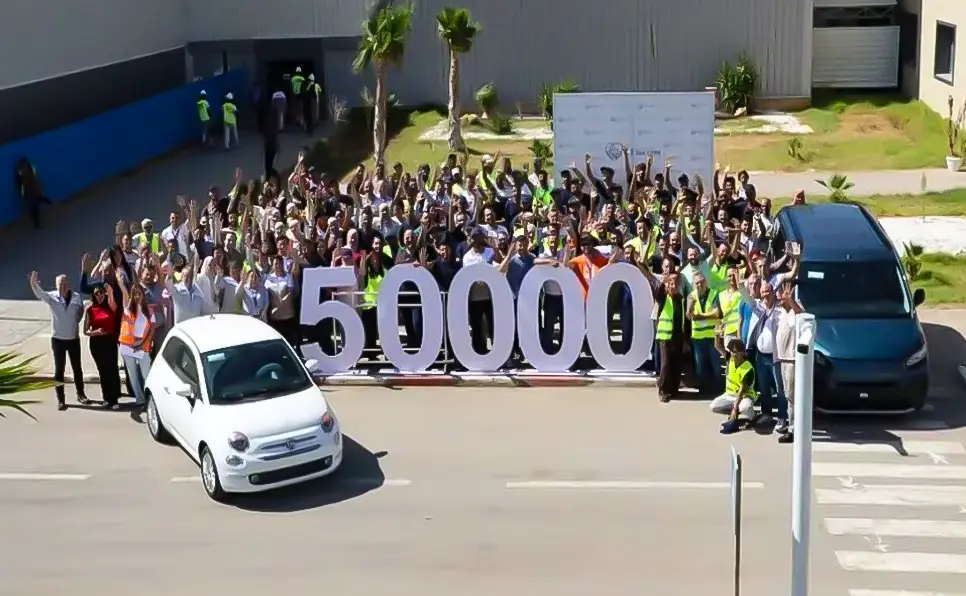
Public authorities have launched a large-scale national operation to monitor vehicle sales activity, with the participation of tax, customs, trade, and security agencies. The operation aims to control this sensitive sector by investigating dealers’ identities, verifying import and sales invoices, and tracking any suspicions of money laundering or terrorist financing. Joint local committees have been formed to conduct field monitoring in various provinces across the country.
The measures include a comprehensive census of dealers with a commercial register for vehicle sales, with the involvement of security services in monitoring cases of illegal exploitation of public spaces. A customs database is also being used to compare the declared import values with the prices offered in the national market, with immediate reporting of any violations and weekly reports being submitted to the relevant authorities.
This operation is in implementation of the authorities’ directives following the meeting of the Joint Ministerial Committee on September 29, 2025, with the aim of addressing the phenomenon of chaotic vehicle marketing across various points of sale. The new directive requires trade authorities to conduct an accurate census of those registered in the commercial register and send the lists to inspection teams, in coordination with the National Security or the Gendarmerie, depending on their regional jurisdiction.
Heads of regional inspection services were also requested to notify all relevant sectors of the initiation of the process and ensure its implementation within a legal and coordinated framework between the various agencies. Inspections focus on verifying the identity of traders and the commercial documents of the vehicles on display, such as import and sales invoices and grey cards.
The customs information system is also being used to monitor prices and combat any suspicious transactions, with each sector required to confidentially report any potential violations to its supervisory authority. Detailed weekly reports on the results of the inspections must be sent to the central authorities, and a comprehensive report containing the findings and proposals for improving the organization of the vehicle sales market in Algeria is to be submitted at the end of the process.
It’s worth noting that the Algerian car market is suffering from exorbitant prices and a scarcity of new cars, which has led to a boom in the sale of imported cars less than three years old, especially after the emergence of fierce competition among dealers selling this type of vehicle. Showrooms for imported cars, especially from China, are witnessing a significant boom due to the similarity of prices between them and used cars in the car market, which is strange and illogical.









